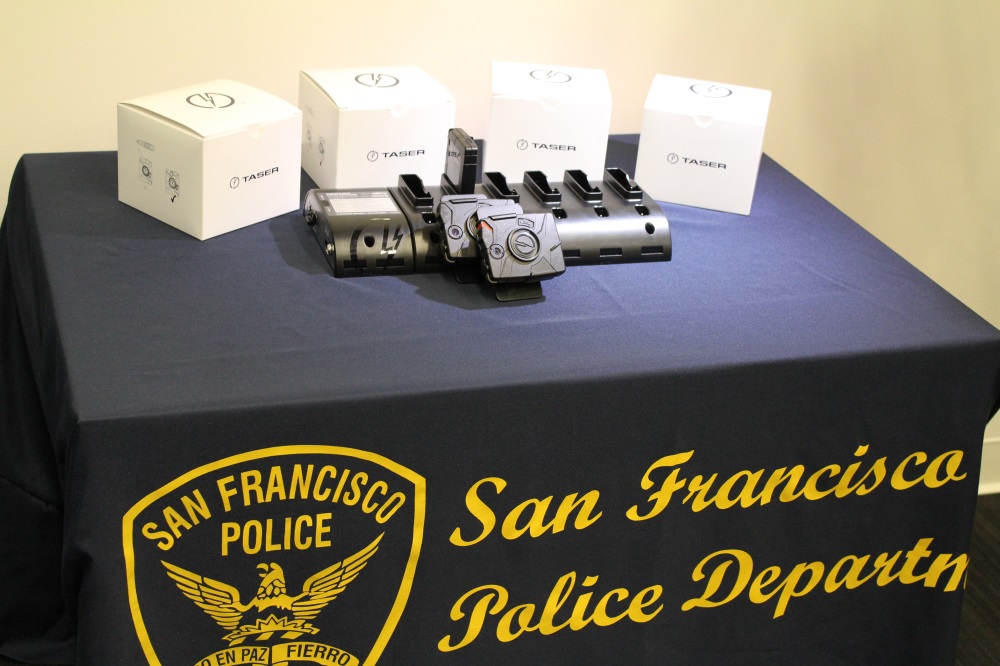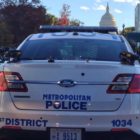From automated license plate readers to drones to devices designed to identify gunshots, law enforcement agencies use a variety of tools to gather data. Many are visible, if not immediately obvious to casual passersby. Dave Maass, senior investigative researcher with the digital privacy nonprofit Electronic Frontier Foundation, has been keeping a close eye on the proliferation of surveillance technology and helps educate the public on how to identify it.
Stanford students Craig Nelson and Shelby Perkins have been researching which law enforcement agencies in the Bay Area use which technologies and mapping the results. Nelson and Perkins have also been tracking whether and how well agencies are complying with a state law that requires them to publish their standards, policies, procedures and training materials online.
“When people are going out into the world we are now constantly surrounded by surveillance technology and it has become somewhat invisible to us even though it’s just right there in front of our eyes. There’s a history in this country surveillance technology being used to chill dissent. Whether that’s the FBI going after Martin Luther King or police in the Los Angeles area sending undercover cops into college classrooms to spy on students and professors. This is something that happens in our society even if it’s not legal, even if it feels like it’s unconstitutional, it does happen and it’s important to keep an eye on it.”
— Dave Maass










